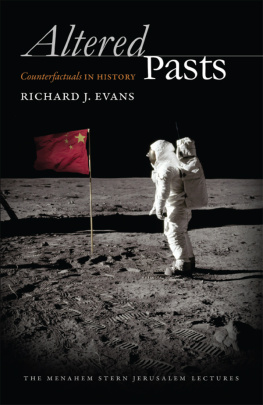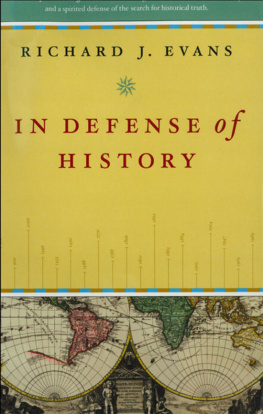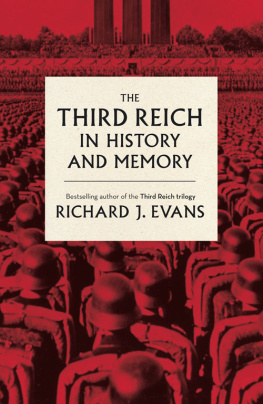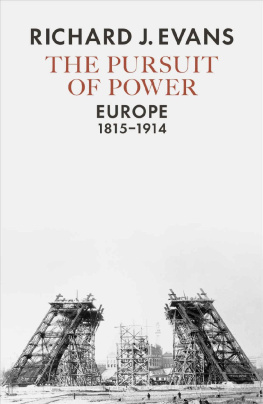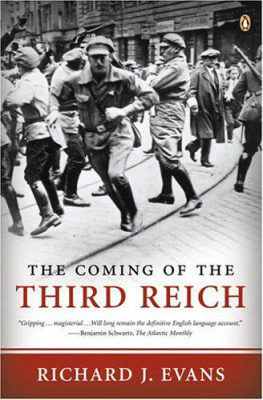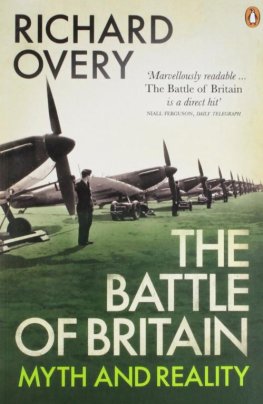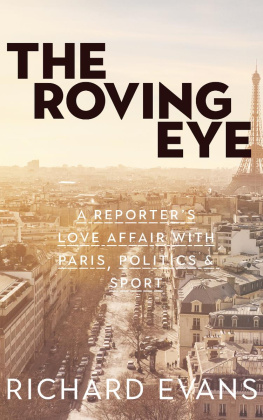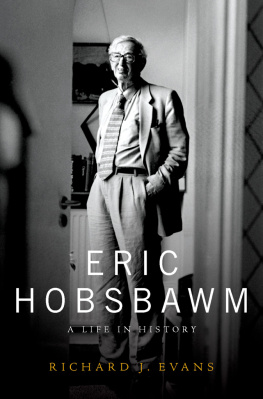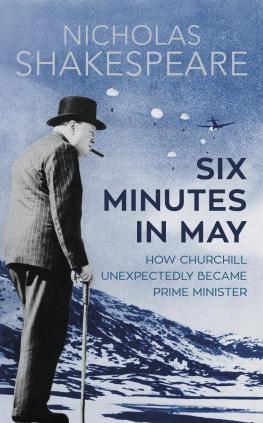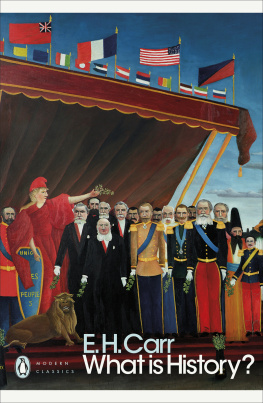CHAPTER 1 Wishful Thinking
W hat if? What if Hitler had died in a car crash in 1930: Would the Nazis have come to power, would the Second World War have happened, would six million Jews have been exterminated? What if there had been no American Revolution in the eighteenth century: Would slavery have been abolished earlier, and the Civil War of 186065 have been avoided? What if Balfour had not signed his declaration: Would the state of Israel have come into being at all? What if Lenin had not died in his early fifties but survived another twenty years: Would the murderous cruelties of what became the Stalin era have been avoided? What if the Spanish Armada had succeeded in invading and conquering England: Would the country have become Catholic again, and if so, what would have been the consequences for art, culture, society, science, the economy? What if Al Gore had won the American presidential election in the year 2000: Would there have been a Second Gulf War? What ifas Victor Hugo speculated at enormous length in his enormous novel Les MisrablesNapoleon had won the Battle of Waterloo? How indeed, the novelist asked in bewilderment, could he possibly have lost?
The question of what might have happened has always fascinated historians, but for a long time it fascinated them, as E. H. Carr observed in his What Is History?, his Trevelyan Lectures at Cambridge in 1961, as nothing more than an entertaining parlor game, an amusing speculation of the sort memorably satirized Clearly Gibbon thought that in the end, at least as far as Oxford was concerned, things would have been much the same as they were.
Brief allusions to possible alternatives to what actually happened can be found scattered across the works of a variety of authors through the centuries, from the Roman historian Livys speculation on what might have happened had Alexander the Great conquered Rome, to Joanot Martorelli and Mart Joan de Galbas 1490 romance Tirant lo Blanc, which imagined a world in which the Byzantine Empire defeated the Ottoman Empire and not the other way around. Written within a few decades of the actual fall of Constantinople to the Turks, it was the first approach to a fantasy history to appear, and had a clear element of wishful thinking in it. Yet it had no real followers for a very long time. A rationalistic approach to history such as Gibbons, replacing
Unsurprisingly, it was a French admirer of the emperor Napoleon, Louis Geoffroy, who first developed this idea at length. Indeed, the emperor himself spent a good deal of his time on the island of St. Helena, where he had been exiled following his defeat at Waterloo, in dreaming about how he might have defeated his enemies. If the Russians had not set fire to Moscow as the Grand Army neared its gates in 1812, he sighed, his forces could
This is by no means the end of his success, for in quick succession after this, Napoleon conquers Asia, including China and Japan, destroying all the holy places of other religions, establishes hegemony over Africa, and brings America under French control, following a request to this effect by all the North and South American heads of state at a congress held in Panama in 1827. In his inaugural address as Ruler of the World, Napoleon announces that his universal monarchy is hereditary in my race, there will from now on to the end of time only be one nation and one power in the globe. Christianity is the only religion on earth. Armed with a new title conferred by the pope, Sa Toute-Puissance, he even finds domestic bliss once more, since the death of his Austrian wife, married only for political reasons, allows him to remarry his beloved Josphine.
In 1832, finally, he dies, having accomplished more than any previous statesman or general in history. Far from being a ruthless
Of course, as Geoffroy himself well knew, Providence had decided that Napoleon should not rule the world, and he reminds readers of the reality at various points by mentioning a scurrilous alternative history within his own alternative narrative that presented Napoleon as losing a battle at Waterloo and being exiled to St. Helena, or by having Napoleon, aboard ship in the South Atlantic after conquering Asia, espy St. Helena on the horizon, a sight that sends a shiver down his spine and makes him raise his eyes for a moment beyond his fictive existence to the reality that actually encompassed him. Readers knew that Napoleon in reality had been defeated before Moscow, and that the Russians had won in 1812 precisely because they had refused to meet the French emperor in a pitched battle. Nevertheless, for all its weaknesses, Geoffroys work is the first recognizable full-length, speculative, alternative history, and it appeared at a time, in the mid-1830s, when the Napoleonic legend was riding high, to triumph a decade and a half later with the events that followed the 1848
Geoffroys narrative was clearly wishful thinking on the grandest possible scale. Its methodological premise was taken up and systematized two decades later, in 1857, in a series of articles by the philosopher Charles Renouvier, later published as a book. Renouvier gave it a name, by which it has been known ever since in French and German: Uchronie. The writer composes an uchronie, a utopia of past time. He writes history, not as it was, but as it could have been.it through an imaginary past, a case he illustrates by chronicling the history of religion since the Romans with reference to the principle of toleration.
After describing the initial situation (Roman intolerance toward Judaism, which he justifies, in a manner not untypical of mid-nineteenth-century French antisemites, by calling the Jews religious fanatics who dreamed of ruling the world, and a comparable intolerance toward early Christianity), he launches the premire dviation by having the emperor Marcus Aurelius mistakenly declared dead in one of his campaigns, to be replaced by the general Avidius Cassius, a supporter of the Roman Republic. Later on, jointly with Marcus Aurelius, who returns to the throne, Cassius inaugurates a program of reform that creates a free peasantry instead of a slave class and eventually, through many twists and turns, leads in the Western Empire to a state religion based on the household gods along with toleration of other religions. A fanatical Orthodox Christianity triumphs in the East, leading to the Crusades, not against Jerusalem but against Rome, whose inhabitants an army of 400,000 rabidly intolerant Eastern Crusaders aims to convert to what they think of as the true teachings of Jesus, happily failing to do so as they start fighting each other over what exactly these were. In the East, intolerance leads to political chaos and defeat by the barbarians, while the tolerant Stoicism of the Western Empire survives the declaration of independence by the Gauls, Britons, Spaniards, and others, who, unencumbered by religious strife, create a federation of independent European states. Similarly, in the East, the victorious barbarians reintroduce Christianity, but in a reformed state, without the confessional, without purgatory, without monasteries, and in general without any of the trappings of Catholicism or Orthodoxy. Science and learning flourish everywhere, and Renouvier ends with an appeal to humanity to form a league of nations with an international court. By contrasting this happy story in a series of appendices with what he saw as the inhumane and unfree depredations of Catholicism through the
Neither DIsraelis brief essay, published in an obscure edition that did not even appear in England, nor Geoffroys heady Napoleonic fantasy, popular though it was in some quarters of the French reading public, nor Renouviers difficult and densely argued anticlerical philosophical treatise, started any kind of fashion for speculation on different paths history might have taken. Contributions to the genre appeared only sporadically, as with the British historian G. M. Trevelyans essay If Napoleon Had Won the Battle of Waterloo, written for a competition staged in 1907 by the
Next page
